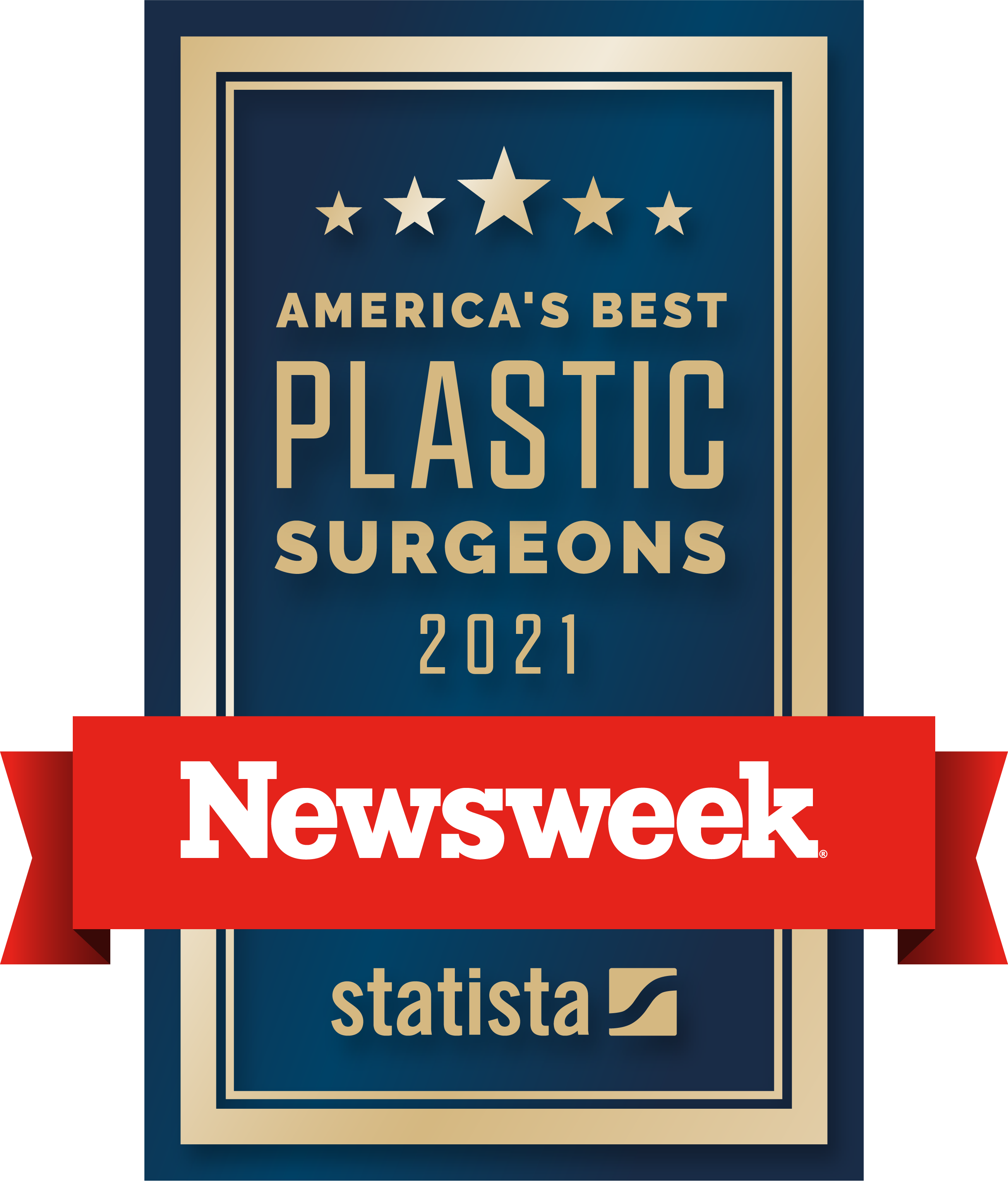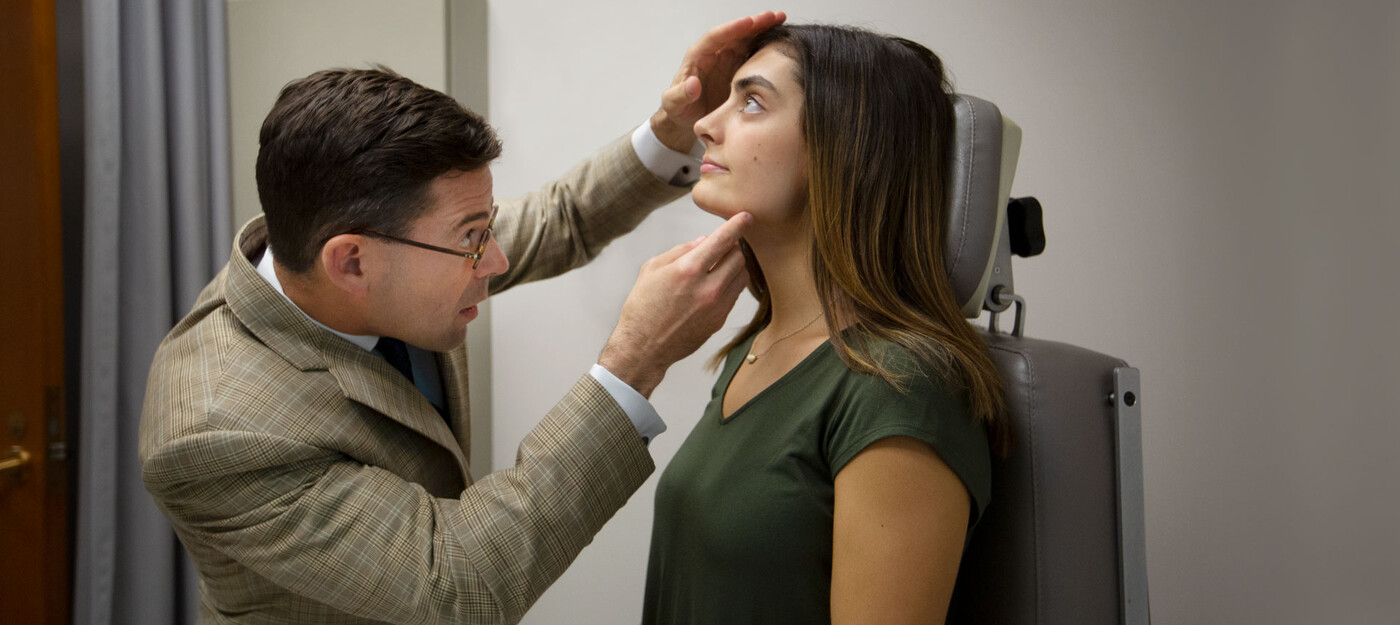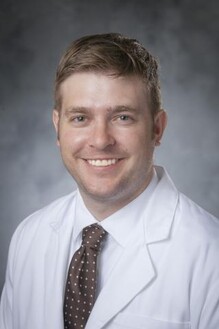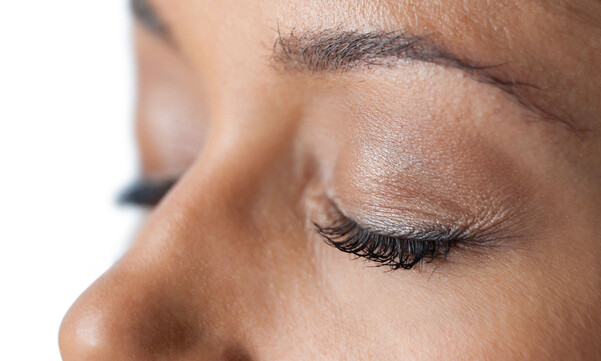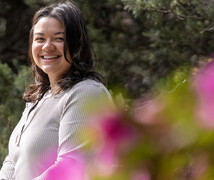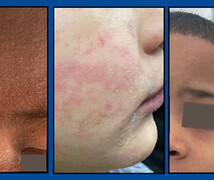Rhinoplasty -- often referred to as a “nose job” -- isn't just a cosmetic procedure to make your nose look better. It's surgery and not without risk. That's why choosing the best surgeon is important. Here, Jeffrey R. Marcus, MD, a plastic surgeon at Duke, explains what you should know and what questions you should ask to ensure you obtain the results you want.
Choosing the Right Rhinoplasty Surgeon Is Important
While rhinoplasty is a common cosmetic procedure, many plastic surgeons choose not to perform it because it presents many challenges. In the nose, form and function are intimately linked. A cosmetic change in the structure of the nose can have undesired effects on breathing. At the same time, specific surgical techniques designed to improve nasal breathing can affect appearance -- for better or for worse.
As a result, a small percentage of surgeons perform a large proportion of rhinoplasties.
How Much Does Rhinoplasty Cost?
The answer depends on the reasons you want or need the surgery. The surgery is considered elective and not covered by insurance if it is performed to correct the appearance of the nose. This may include reducing a bump on the bridge of your nose or adjusting its shape or size.
Your insurance plan may cover a "functional" procedure if there is a medical condition, such as nasal obstruction, or if surgery is needed to correct problems with breathing. If there are functional and appearance concerns, a portion of the procedure may be covered by insurance and a portion may not.
If You Are Considering Rhinoplasty
The first step is a consultation with a surgeon skilled in this procedure. Your surgeon will evaluate your nose and ask questions, with the goal being to understand your personal aesthetic and evaluate your needs. Listening is one of the surgeon’s most important skills.
During the physical exam, your nose will be viewed alone and in relationship to the shape and size of your face. The nose should share the characteristics of the face and accentuate them to create harmony. Ethnicity is a major consideration nowadays. Aesthetics may be enhanced while still retaining the natural beauty associated with a given culture or race. Rhinoplasty surgeons are far more adept today at facial analysis and are probably more skeptical when people request unrealistic changes. They are aware of the limitations of rhinoplasty and the problems caused when these limits are exceeded.
Questions You Should Ask
Look for a board-certified plastic surgeon or otolaryngologist (ENT) who works with all aspects of the nose. Don't be afraid to ask questions. Your surgeon should be open and forthcoming, not insulted.
- Make sure that rhinoplasty is a priority in their practice. You should be able to trust the staff and the facility.
- Ask if you will be sedated or under general anesthesia.
- Ask about the surgeon's revision rate. Even among the best surgeons, you should expect a rate between 5% and 7%.
Manage Your Expectations
It’s important that your surgeon discusses realistic expectations with you. Televisions shows and online videos often show before- and after-rhinoplasty photos and make it appear as if they were taken one day after the procedure. It takes time to achieve results; it doesn't happen when the bandages come off.
Bringing in pictures from magazines can help you identify for your surgeon what you believe is attractive. However, know that direct comparisons can be detrimental, especially when there's little to no similarity between your facial structures and those of the people in the photos.
Newsweek recognized Jeffrey Marcus, MD, as the best rhinoplasty surgeon in North Carolina and in the Southeast in 2021. He is Chief of Plastic Surgery at Duke and past-president of the Rhinoplasty Society.

